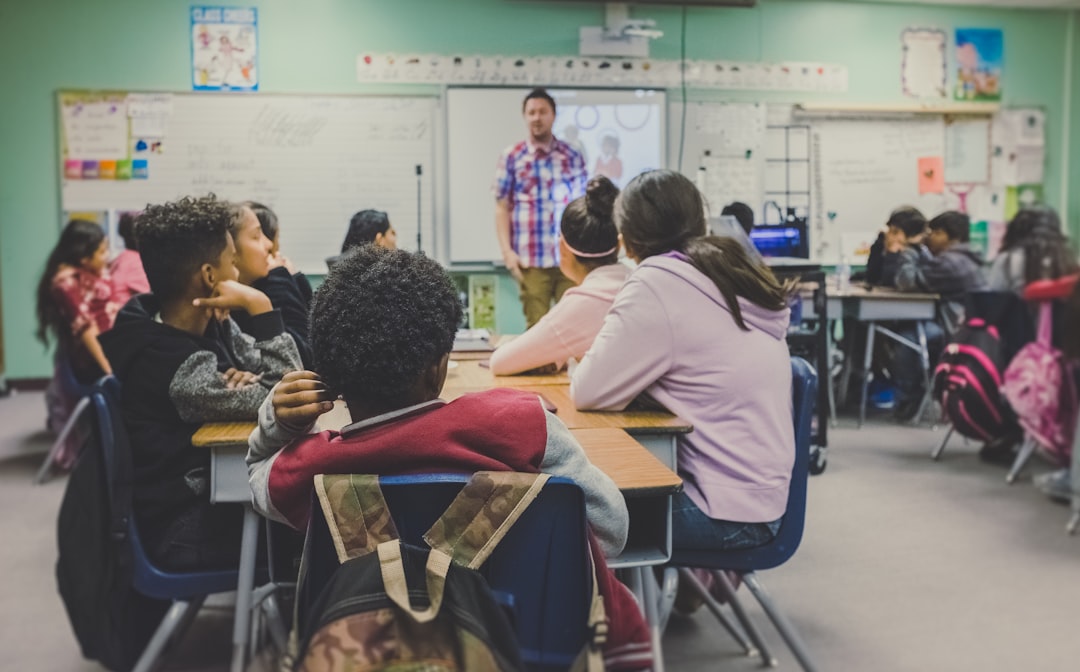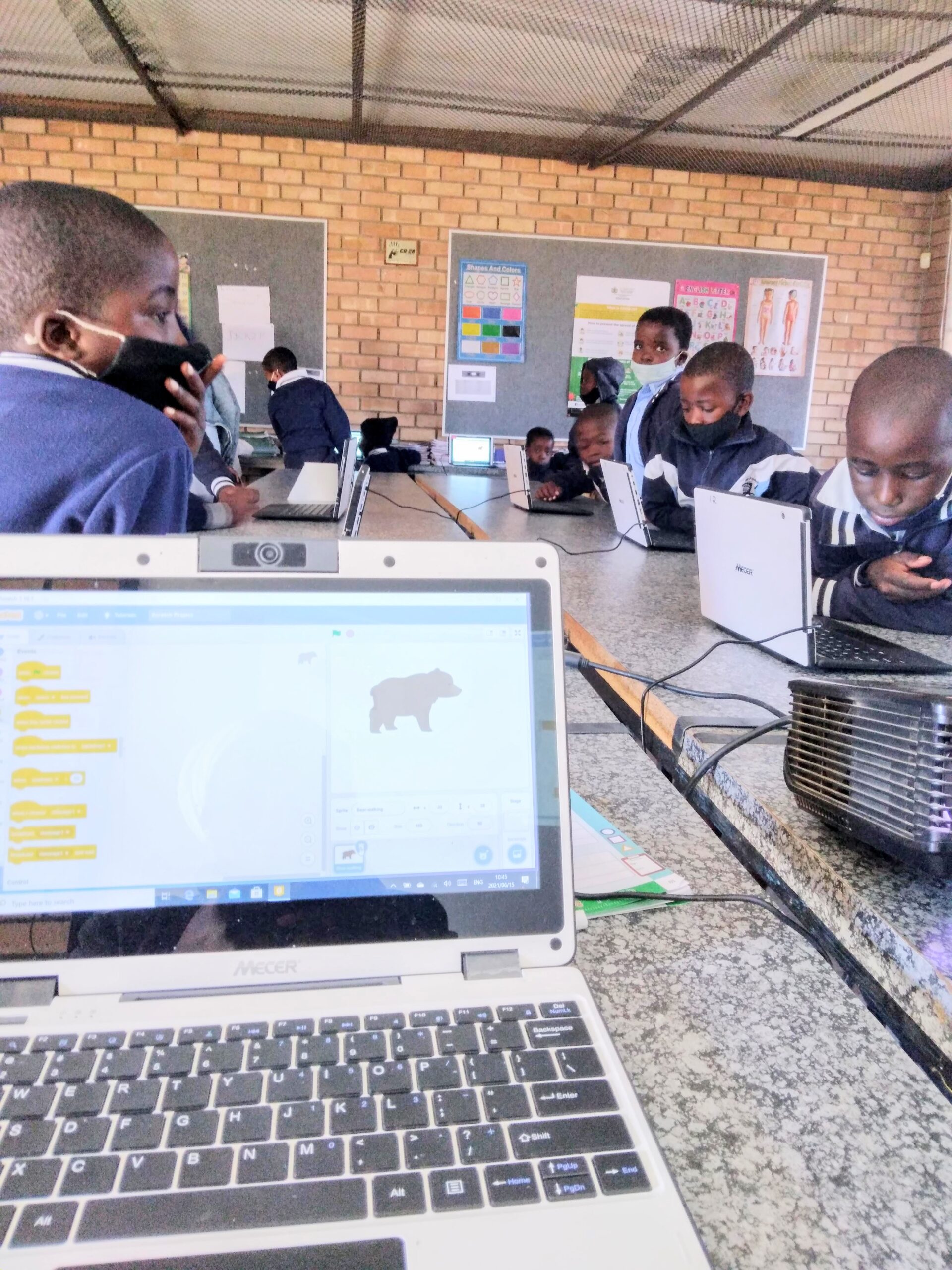Blog Post – Empowering Young Learners
In today’s rapidly changing world, equipping kids with essential life skills is more important than ever, and first aid training is at the top of that list. For sixth graders, learning first aid isn’t just about mastering techniques; it’s about building confidence and a sense of responsibility. Imagine the empowerment a child feels knowing they can help a friend in need or manage an unexpected situation—these are skills that go beyond the classroom and into everyday life. Have you considered how introducing first aid principles could transform your child’s perspective on safety and community? Join us as we dive into how these vital lessons can turn young learners into confident and capable heroes, ready to face challenges head-on.

Importance of First Aid for Kids
First aid skills are crucial for children, especially those in Grade 6. These skills not only prepare them for emergencies but also foster personal growth and community responsibility. Let’s explore how first aid training builds confidence and provides lifesaving skills.
Building Confidence and Responsibility
Learning first aid empowers children with a sense of capability and importance. It’s not just about bandages and antiseptic; it’s about fostering self-reliance and community awareness.
When kids master first aid skills, they gain confidence in their ability to help others. This newfound assurance often extends to other areas of their lives, boosting overall self-esteem.
Responsibility naturally follows. As children learn to assess situations and make decisions in mock emergencies, they develop a sense of duty towards their peers and community.
Moreover, first aid training encourages kids to be more observant of their surroundings, making them more conscious of potential hazards and how to avoid them.
Lifesaving Skills in Emergencies
In critical situations, the knowledge of first aid can mean the difference between life and death. Grade 6 students equipped with these skills become valuable assets in emergencies.
According to the [World Health Organization](https://www.who.int/health-topics/emergency


Making learning a reality for learners who dream big

Pingback: viagra 100 mg prices